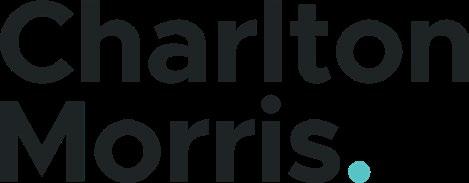
2 minute read
Lyle King, Associate Director, Charlton Morris
Lyle King
Associate Director Charlton Morris
Advertisement
What are your hopes for the future of our water sources?
A truly efficient water network that wholly embraces digital technologies to predict and prevent drops in water quality.
The technology needed is here, what we need is the mindset.
It’s not often we can say the technologies available are ahead of the human capability of providing them, but in the case of the effective use of smart water systems, we need to ‘level up’.
Why is water quality still a topic of concern globally?
Water is the fundamental basis of life. Despite access to water and sanitation recognised by the UN as a basic human right, the quality of water is not adequately managed.
Water quality varies by region, there are countries that are ahead of the curve, but even western countries are falling behind when it comes to managing water quality and supply.
Some numbers suggest as much as 80% of the world’s wastewater is discharged, largely untreated, back into the environment, polluting rivers, lakes, and oceans – this is a serious social and environmental challenge. What steps are you taking to help improve water quality?
Helping companies combat the world’s water problems by attracting world-class talent across the water industry.
If you could change one thing about the way water quality is managed currently, what would it be?
Regulation should be the driving force for change, both global and standardised. Granted, a global standardisation of regulation presents its own challenges, but with them utilities and industrial users can be held equally accountable for the way they use, treat and discharge water supplies. Fines should be in place for those that are irresponsible or mismanage this finite global supply.
What role do you think technology will play in securing water quality?
There’s no disputing that the introduction of smart water technologies is shifting from a nice-to-have to a must-have.
Factors such as improvements to system performance, like leakage and pressure management, as well as network operations and water quality monitoring, mean smart water networks have the potential to save utilities by up to $12.5 billion a year across the globe.
The optimisation of these networks informs decision makers about the allocation of capital expenditures, stimulating dramatic savings as a result of the real-time data provided by the smart water network.
It’s not a matter of if, but when, utilities and industrial users plan to capitalise on water savings by implementing these readilyavailable technologies.
What role does the water industry play in improving water quality?
The key players in the water industry can have a huge impact on the improvement of global water quality.
Implementing effective water quality monitoring is critical to prevent the deterioration of systems on a global scale. Government regulations could help when it comes to implementing quality assurances.
Factors such as improved water reuse (as is being implemented with greywater reuse in our future smart cities) and the ban of un-treated waste water discharge into the environment would be a great place to start.
Website: searchingindustrial.com


